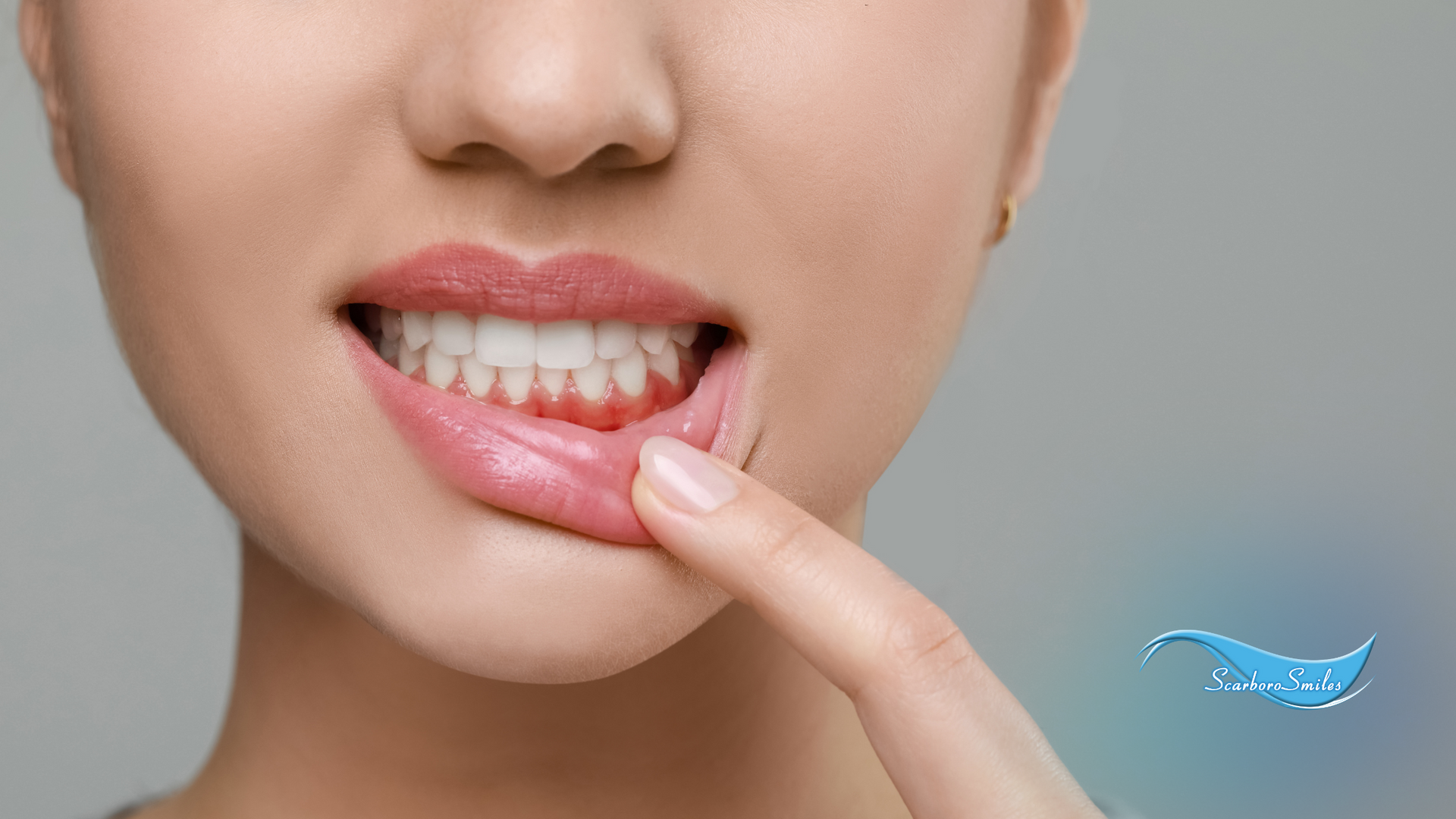The Surprising Connection Between your Mouth and Mental Health

Source: Dr. Marketing
Your smile is more than just a greeting—it’s a clue to your overall health, including what’s going on in your mind. A study in Nature’s Translational Psychiatry delved into the mouths of over 470 people and found something wild: the bacteria living on your teeth and gums might reveal secrets about your mental well-being and even your childhood.

Your mouth is home to a diverse community of bacteria called the oral microbiome. The goal is never to eradicate this bacteria since many are helpful to us. We always want to maintain diversity and balance. When the balance gets disrupted— what happens with gum disease or tooth decay—it’s not just your mouth that suffers. There are downstream effects on your heart, your brain and even your mental health. This study compared people with anxiety, depression, or PTSD to those feeling mentally healthy, and the differences in their mouths were eye-opening.
Here are some of the surprising connections:
- Participants with PTSD symptoms had more Prevotella histicola, a bacteria tied to both tooth decay and gum disease than controls. Stress in your mind might fuel inflammation in your mouth.
- Participants with anxiety disorders showed less Neisseria elongata, a helpful bacteria that keeps your mouth healthy by reducing nitrates.
- Participants who were emotionally neglected as children had higher levels of Streptococcus mutans—a bacteria known for causing cavities.
Why This Hits Home

So, what does this mean for your next dental checkup? A lot! Poor oral health doesn’t just give you bad breath or bleeding gums—it might quietly affect your energy, focus, and even your happiness. If your gums are inflamed, distress signals are released that mess with your mood or make it harder to shake off anxiety. On the flip side, taking care of your mouth could be a simple, powerful way to support your mental peace.
Plus, it’s not just about your brain. Gum disease has already been linked to heart disease and diabetes. Brush twice a day—two minutes each time to kick Strep mutans to the curb. Floss daily to stop Prevotella from throwing a gum-disease party. And keep your good bacteria like Neisseria happy with a balanced diet (less refined sugar, more water!). Think of your oral care as a daily boost for your mind and body. Every brush is a chance to clear out the bad and make room for the good. Feeling stressed or anxious? Your next cleaning might just be a step toward calm.
Check out the full article here: Probing the oral-brain connection: oral microbiome patterns in a large community cohort with anxiety, depression, and trauma symptoms, and periodontal outcomes





